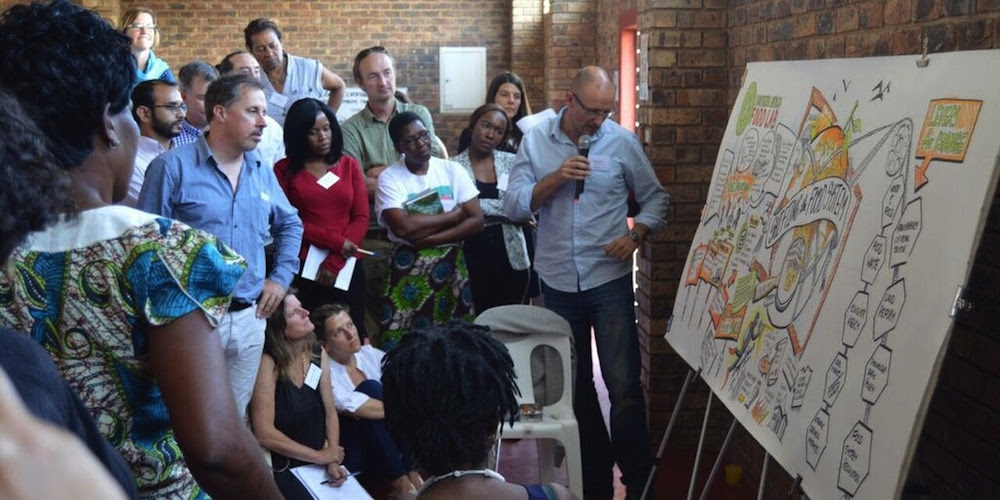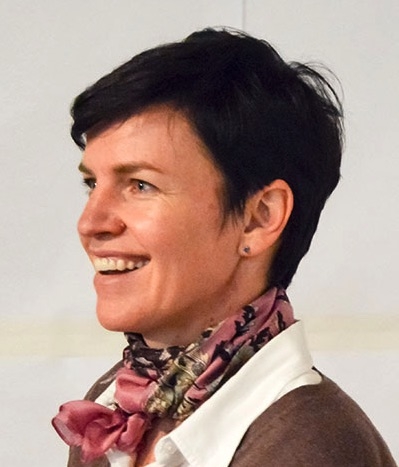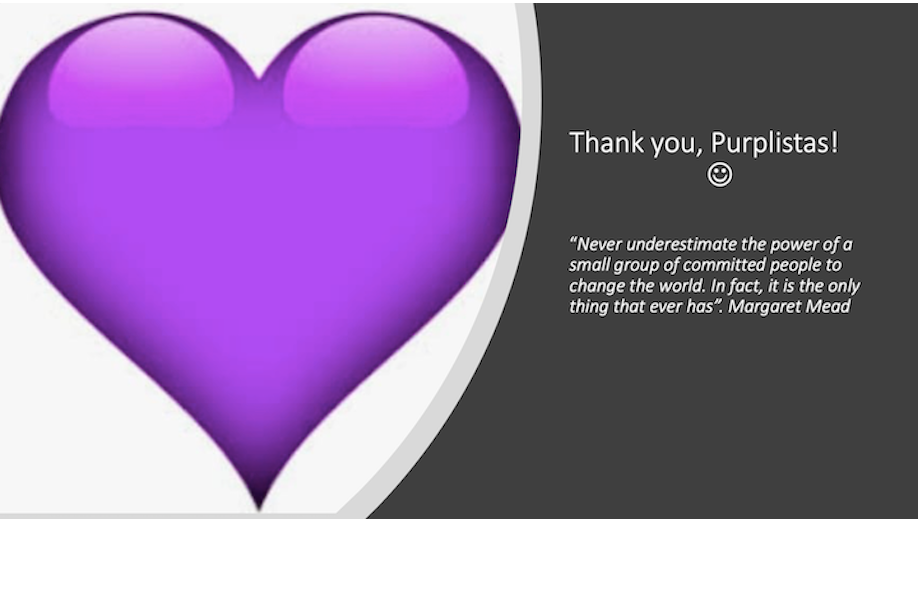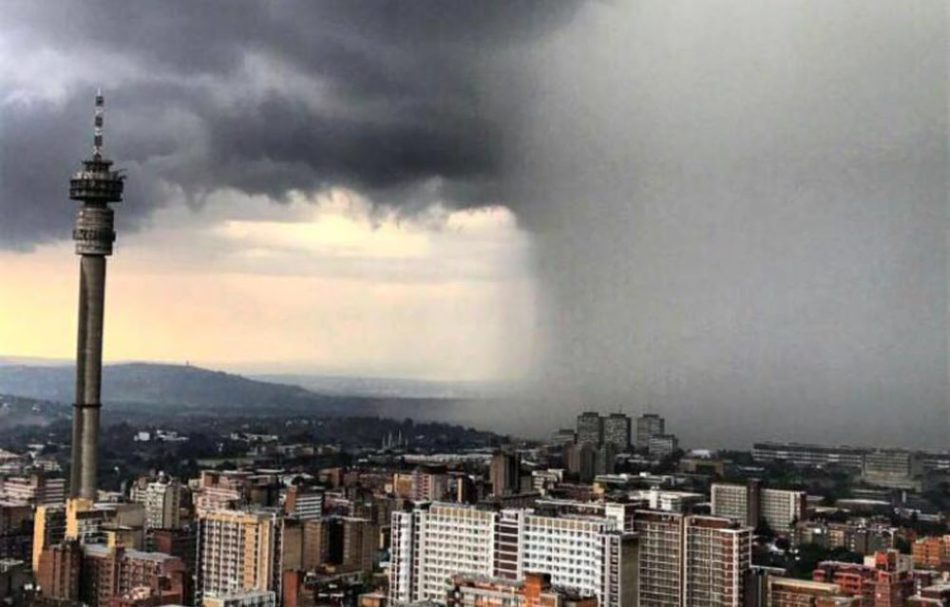
Transformative Scenario Process: A course in mapping and shaping the future
Our chairperson, Colleen Magner, is an incredibly smart and influential person. When she’s not busy keeping us on our toes at CN&CO – asking very relevant and pointed questions and making amazingly accurate observations about our business – she is a director of Reos Partners, which describes itself as “an international social enterprise that helps people move forward together on their most important and intractable issues.”
Colleen has been booked to run a course on transformative scenario process in Kent, England, from 13-15 February 2018. We were lucky enough to get a high-level intro to the concept at a ConFab session two years ago. It is really fascinating stuff!
Here’s more info on the course, as supplied by Reos Partners:
The course will be residential and will be facilitated by Colleen Magner and Yiannis Chrysostomidis.
What is a Transformative Scenario Process?
Transformative Scenario Process (TSP) is an approach by which diverse stakeholders can together create a shared framework and language for strategic conversations about the challenge they are working with and what actions they can take to address it.
Most scenario planning methodologies focus on adapting to what might happen. Transformative scenarios seek to not only understand or adapt to the future but also to shape it. It is a structured yet creative process that helps diverse actors see the different futures that are possible and to discover what they can and must do to realise that future.
The TSP approach, described in the book Transformative Scenario Planning written by Adam Kahane of Reos Partners, was born 25 years ago and has been applied and adapted many times since then. Reos Partners has in recent years conducted a wide variety of Transformative Scenaris Processes including the fields of drug policy, democracy, the environment, development, justice, education, land reform, and food security at national, regional, and hemispheric levels.
Course programme
This 2.5 day residential course on the Transformative Scenario Process includes an introduction to the concepts, sharing of cases where TSP has been applied to complex social and environment challenges, the opportunity to apply scenario exercises to your own set of challenges, and time to reflect on your learnings.
We invite participants to join us on the afternoon of 13 February to participate in the first workshop exercises and join us for a welcome dinner. On the second day we will establish a common understanding of what scenarios are, the difference between adaptive and transformative approaches, and when and how to apply them. We will also embark on a mini-TSP exercise around a theme of common interest to the participants, starting with mapping core concerns, driving forces, certainties and uncertainties. On the final day, we will turn the scenario ingredients mapped on the first day into simple scenario stories that could have a transformative impact, and we will reflect on the implications of these stories as well as on the experience overall.
Who should join this course?
- Leaders from business, government, academia and civil society who want to explore a new approach to addressing complex social problems and to engaging with diverse stakeholders
- Citizens who want to transform their city, community, or field starting with creating stories about possible futures
Course details
Dates: Starting at 4pm on 13 February and finishing at 5pm on 15 February 2018
Venue: Bore Place, Chiddingstone, Edenbridge, Kent, TN8 7AR. Click here for map
Cost: €1400 incl. VAT, 10% discount for multiple people from the same organisation.
Included: Orientation session, foundation laying exercises and a welcome dinner on the evening of 13 Feb, two full days of training programme on 14 and 15 February and all meals and refreshments.
Excluded: accommodation (see below)
Contact: Lorna Ely at ely@reospartners.com
Accommodation
We can arrange accommodation for you at Bore Place in the 17th century lodge or the converted stable block. Accommodation is in comfortable bedrooms with shared bathrooms (two rooms per bathroom). Both the Lodge and Stables have sitting rooms with fireplaces and lots of communal areas to relax, connect with other participants or catch up with work.
There are different options available:
€110 per person per night – single occupancy rooms (limited availability)
€90 per person per night – sharing in a twin room
Alternatively, you might choose to arrange your own accommodation in one of the B&Bs or AirBnBs available in the area.
You can indicate your accommodation requirements on your registration form (see button below).
Click here to register
About the facilitators
Colleen Magner is a director of Reos Partners and based in South Africa, and in this capacity has led multi-stakeholder initiatives in the areas of violence against women, climate change adaptation, food security, land reform, healthcare, education, mining safety, insurance, and support for orphans and vulnerable children. She is also a writer and is co-author of Mapping Dialogue: Essential Tools for Social Change, which outlines a variety of transformative dialogue tools and change processes. As a faculty member at the University of Pretoria’s Gordon Institute of Business Science, Colleen teaches courses in systems thinking for organisations, Transformative Scenarios, participative practices for social change, and dialogue for solving tough problems.
Yiannis Chrysostomidis works with Reos Partners, based in London, United Kingdom, and his current work focuses on ocean sustainability and inclusive insurance. Yiannis brings experience in the field of social and environmental change, including scenario processes, and has worked with sectors including international trade and development, mining, oil and gas, agribusiness and healthcare. Yiannis likes to pay attention to factors that are “below the threshold” and thus not usually addressed in change initiatives. He is interested in systemic and individual transformation and the interplay between the two.







